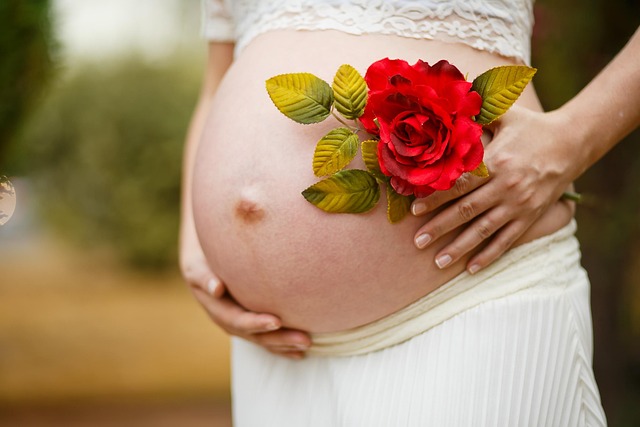When it comes to figuring out your chances of getting pregnant, age is a crucial factor. While some variables require medical tests for a complete assessment, your age serves as a straightforward indicator of fertility.
At birth, women have all the eggs they’ll ever have, but as they grow older, both the quality and quantity of these eggs begin to diminish. This decline in egg health is significant, as it contributes to the challenges of conception. Surprisingly, many people don’t realize that each month, a woman’s chances of getting pregnant are only around 15 to 20 percent.
For women in their 20s, the likelihood of conceiving within a year is around 78 to 86 percent. However, as women reach their 30s, this probability starts to drop—about 63 percent for those aged 30 to 34, and further declining to 52 percent for women between 35 and 39. By the time a woman is in her 40s, her chances of conception continue to decrease until menopause, which typically happens between ages 48 and 55.
It’s worth noting that if you haven’t conceived after a year of trying (or six months if you’re over 35), that may indicate a potential fertility issue. Consulting a reproductive specialist can be an empowering step in understanding your options.
When to Seek Help
If you’re under 35 and have been trying to conceive for a year—or for six months if you’re over 35—it’s a good idea to talk to a fertility expert. They can review your medical history and determine if you need further evaluation. This can provide clarity on why conception may be taking longer than expected.
Fertility Treatment Options
The success rates of fertility treatments can vary based on age. For many, intrauterine insemination (IUI) is often the first step. This method aims to increase the number of sperm that reach the Fallopian tubes, raising the chances of fertilization. The goal of IUI is to match the conception rates of the general fertile population, which is about 15 to 20 percent per attempt.
If IUI isn’t successful, in vitro fertilization (IVF) is another commonly discussed option. During IVF, eggs are retrieved and fertilized in a lab, and then the resulting embryos are transferred back into the uterus. While this method has higher success rates, those rates also decline as women age.
Donor egg treatment is an excellent alternative when age becomes a concern, as it equalizes the chances of conception regardless of the recipient’s age. Since donor eggs come from younger females who are thoroughly screened, the success rate is about 60 percent per embryo transfer.
Conclusion
Your age significantly impacts your chances of getting pregnant, which is why seeking advice from a fertility specialist sooner rather than later can be beneficial. The earlier you consult with a professional, the more options you’ll have and the better your chances of success.
For more information on fertility options, check out this informative article on artificial insemination, which is a reliable resource for understanding your choices.
Summary
In summary, age plays a pivotal role in fertility. If you’re having difficulty conceiving, don’t hesitate to seek help from a specialist to explore your options.

